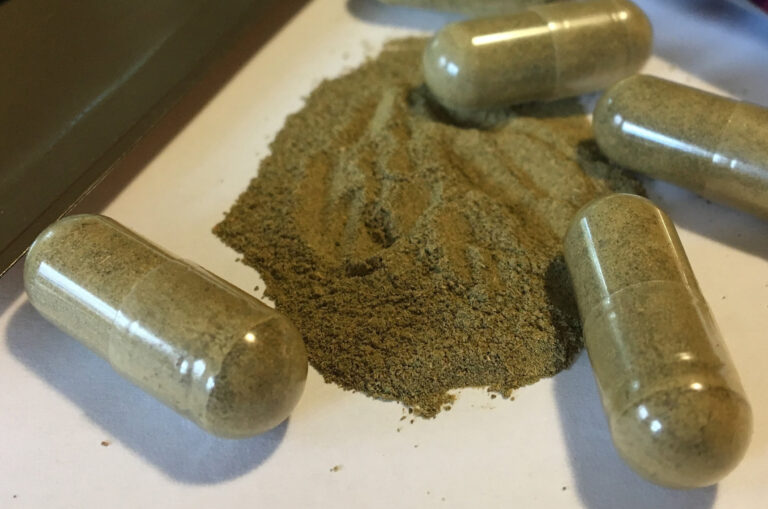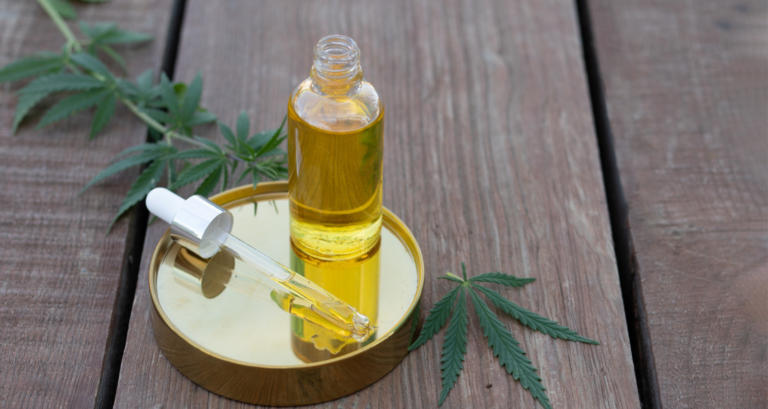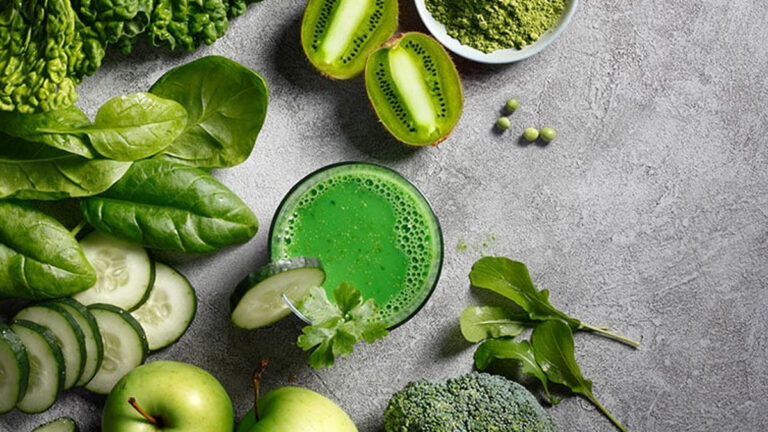Prebiotics and probiotics cooperate to advance a healthier gut by cultivating a balanced and different gut microbiome. How about here a closer look at gut health strains how each of these parts adds to gut health and how they complement each other?
Probiotics: Probiotics are live beneficial bacteria that, when consumed in adequate amounts, can present various health benefits, especially for the stomach-related framework. These beneficial bacteria can help reestablish and maintain a healthy balance of the gut microbiota, which is essential for legitimate processing, supplement absorption, resistance capability, and even mental health.
Prebiotics: Prebiotics are non-edible dietary strands that act as a food hotspot for the beneficial bacteria in the gut. These strands are not separated by our stomach-related compounds, so they pass through the upper gastrointestinal tract and reach the colon for the most part intact. Once in the colon, they become a wellspring of sustenance for explicit strains of beneficial bacteria.

Complementary Relationship: Prebiotics and probiotics have a complementary relationship in more than one way:
Supplement Source: Prebiotics give sustenance to the probiotic bacteria in the gut. This helps the beneficial bacteria flourish and develop, ultimately adding to a more different and balanced gut microbiome.
Specific Development: Prebiotics specifically advance the development of beneficial bacteria like Bifidobacteria and Lactobacilli, which are ordinarily found in many probiotic supplements. These bacteria play important jobs in maintaining gut health. Have a closer look at gut health strains before purchasing the probiotics.
Cooperative energy: The combination of prebiotics and probiotics can bring about a synergistic impact. Probiotics, when taken care of with prebiotics, will generally have enhanced survival and activity in the gut. This means that the beneficial impacts of probiotics are amplified when they are furnished with the necessary supplements from prebiotics.
Overall Gut Health: A different and balanced gut microbiome is associated with further developed processing, better supplement absorption, reinforced safe capability, decreased inflammation, and even potential consequences for mental health. Both prebiotics and probiotics add to achieving this balance.
It’s important to take note that while prebiotics and probiotics can be devoured separately, they are much of the time found together in various food varieties and enhancements, leading to what’s occasionally alluded to as “synbiotics.” Examples of food sources rich in prebiotics incorporate garlic, onions, leeks, bananas, asparagus, and entire grains.









